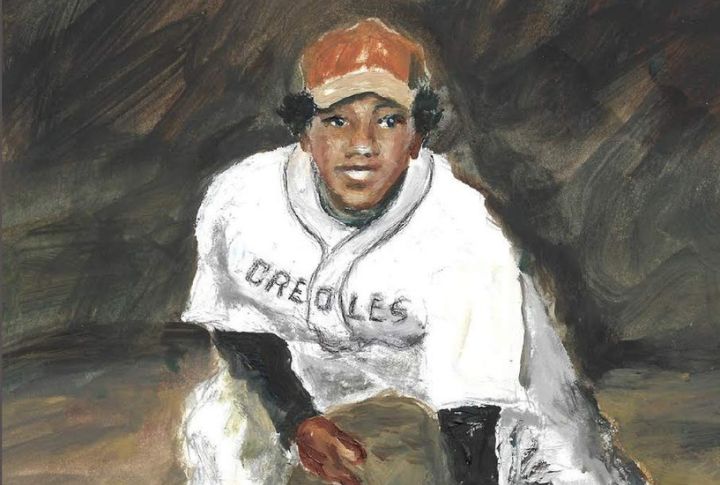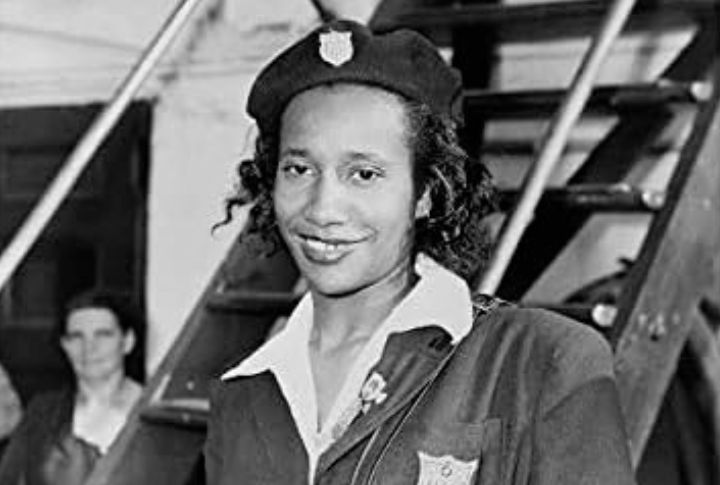
They didn’t wait to be invited in—they kicked the doors open and changed the scoreboard for everyone. These 20 women rewrote sports rules by defying expectations, dominating arenas, and speaking truths that echoed far beyond stadiums. Whether launching historic firsts or challenging injustice with grit and grace, each story delivers something unforgettable. As you read, you’ll feel their impact and why it still matters today.
Serena Williams

When Serena Williams delivered an unstoppable serve, clocking 128 mph, it was the beginning of a new era. By 2017, she held more Grand Slam titles than any player in the Open Era, reshaping what dominance looked like on a global stage built for tradition.
Kathrine Switzer

Pinned with bib number 261, Kathrine Switzer ran through Boston’s 1967 marathon, knowing she wasn’t welcome. Even an attempt to physically shove her off the course couldn’t stop her stride, and that finish line carried women’s running into new territory.
Wilma Rudolph

At the 1960 Olympics in Rome, Wilma Rudolph tore down assumptions in 11 seconds flat. Her 100-meter sprint, which won her gold, became one of the defining moments in sports history, not just for her triumph over polio but also for what it inspired worldwide.
Mia Hamm

Victories stacked high for Mia Hamm as she led the U.S. to two World Cup titles and two Olympic golds. But her career’s real legacy ran deeper. Soccer transformed into a national passion fueled by a player who showed that skill could rewrite an entire sport’s future.
Billie Jean King

When Billie Jean King stepped onto the court against Bobby Riggs in 1973, the match carried more weight than a trophy. Ninety million viewers tuned in to watch tennis and witnessed a shift as King’s victory cracked open long-closed competitive spaces.
Lisa Leslie

A slam dunk during a professional basketball game wasn’t part of the WNBA’s early blueprint. Lisa Leslie changed that in 2002 with a one-handed finish that sent ripples through the league. More than points, her impact was measured by the possibility of opening above the rim.
Simone Biles

Gymnastics had never seen anyone like Biles before she landed her first gravity-defying moves. Four original skills now bear her name, and in 2019, her triple-double lifted difficulty standards to places judges barely knew how to score. She shifted the ceiling higher for everyone who followed.
Mo’ne Davis

During the Little League World Series, control and speed made Mo’ne Davis a breakout name. Striking out eight batters with a 70 mph fastball, she won games and inspired kids around the country to rethink who could take the mound.
Toni Stone

In 1953, Toni Stone replaced Hank Aaron when she joined the Negro American League’s Indianapolis Clowns. She played hardball with men, batting .243 that season. “I wasn’t going to be no mascot,” she said, and went on to knock down centuries-old barriers.
Annika Sorenstam

Crowds at the Bank of America Colonial were shocked to see a woman on the course, but Annika Sorenstam wasn’t chasing comfort. In 2003, she entered a PGA event on merit alone, testing limits and forcing a conversation the sport hadn’t held in decades.
Nancy Lieberman

Dubbed “Lady Magic,” Nancy Lieberman made the 1976 Olympic team at just 18. She later joined the men’s USBL, averaging 6.4 points per game. Coaching followed. In 2015, she became an NBA assistant coach. Her court vision extended beyond gameplay; it mapped a future.
Becky Hammon

Becky Hammon didn’t just sit courtside; she ran the huddle. In 2014, the Spurs hired her as the NBA’s first full-time female assistant. By 2020, she led a game after Popovich’s ejection. Beyond being a title, coaching was a proof of concept for her.
Kim Ng

In 2020, Kim Ng became the first woman and Asian American to serve as general manager of an MLB team. It took 30 years of front-office work to earn the role. Her resume reads like a playbook, and her appointment rewrote the league’s lineup.
Megan Rapinoe

“Don’t settle for anything less than what you’re worth.” That’s how Megan Rapinoe led a legal fight that resulted in a 2022 equal pay agreement for U.S. Women’s Soccer. She played with purpose on the field and used her platform to push equality forward.
Naomi Osaka

In 2020, Naomi Osaka wore seven masks, each with a different Black victim’s name, during the U.S. Open. She won the tournament and redefined winning as a form of protest. “Before I’m an athlete, I’m a Black woman,” she said. Her silence said even more.
Danica Patrick

Speed wasn’t Danica Patrick’s only advantage. It was how she held focus when everything around her blurred. Winning the 2008 Indy Japan 300 marked a first for women in IndyCar, but her real legacy sped far beyond one race and straight into the DNA of motorsports history.
Jessica Mendoza

Jessica Mendoza entered the ESPN booth in 2015 and made headlines as the first woman to call a nationally televised MLB postseason game. With Olympic gold in her past and a mic in hand, she showed that sharp analysis knows no gender.
Manon Rheaume

When Manon Rheaume stepped onto NHL ice in 1992, guarding the net for the Tampa Bay Lightning, the puck didn’t care about precedent. She wasn’t there to make a statement, she was there to stop shots. In doing so, she broke the gender barrier with poise and pads.
Althea Gibson

Althea Gibson wasn’t looking for acceptance. She earned it with a powerful backhand and a champion’s calm. After winning Wimbledon in 1957 and 1958, she entered professional golf, expanding possibilities across two sports that had long resisted opening their gates.
Alice Coachman

At the 1948 Olympics, Alice Coachman jumped 5 feet 6 1/8 inches to win high jump gold, the first Black woman to earn an Olympic medal. Returning to a segregated hometown, she remained regal. Her rise above prejudice was both literal and historical.

Comments
Loading…